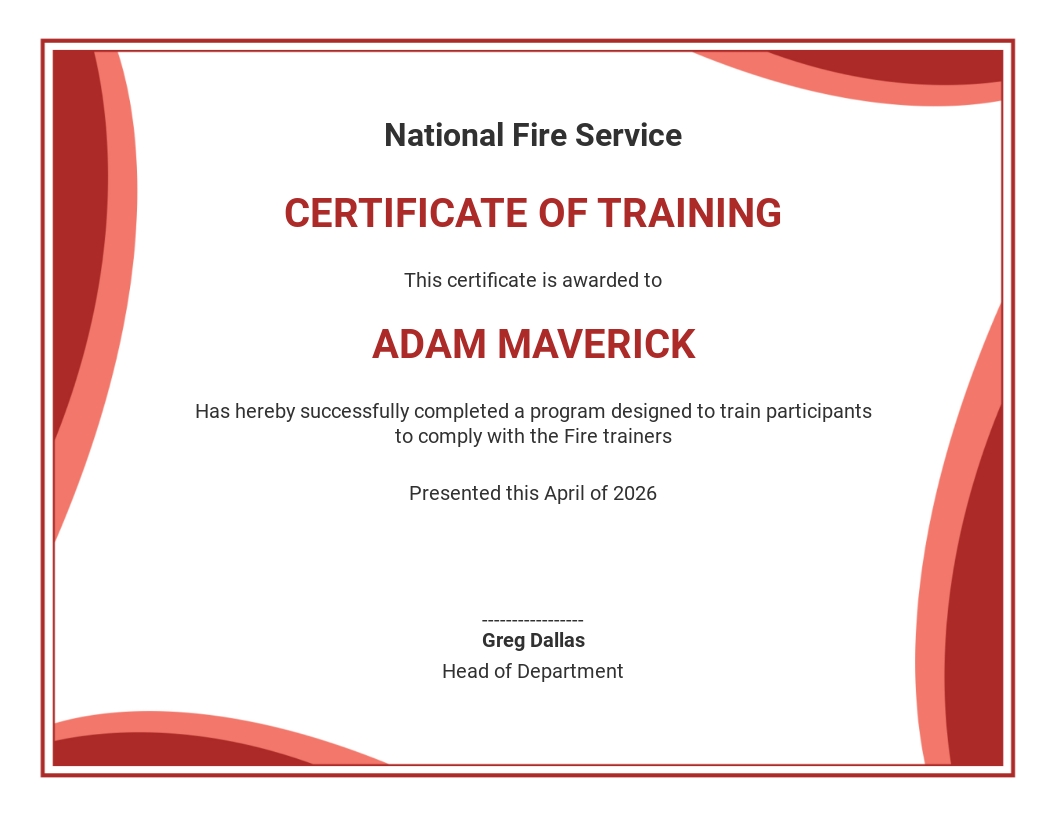Ensuring Fire Safety in US Offices: Fire Brigade Readiness for Businesses
Ensuring Fire Safety in US Offices: Fire Brigade Readiness for Businesses
Blog Article
Ensuring a safe workplace isn’t just a legal obligation—it’s a moral one, protecting employees, clients, and property.
We’ll explain why training matters, how to prepare for inspections, and what best practices help businesses stay compliant year after year.
Read on to discover the key components of fire safety compliance.
Why Fire Safety Matters in US Offices
According to the National Fire Protection Association (NFPA), thousands of commercial fires occur each year, causing billions in property damage and tragic losses of life.
Investing in proper fire safety measures is not just about meeting legal codes; it’s about creating a culture of care and preparedness.
Failure to comply can result in severe fines, legal liability, or even closure.
How Fire Brigade Training Prepares Offices for Emergencies
This training is essential for ensuring that offices can respond quickly and safely if a fire breaks out.
Training requirements vary depending on local regulations, building size, and occupancy type.
Well-trained fire wardens not only enhance safety but also help organizations pass compliance inspections, reducing legal and insurance risks.
How to Prepare for Fire Safety Certification and Renewals
Certification often includes on-site inspections and review of safety documentation.
Review your emergency action plan, ensuring it’s accessible and clearly communicated to all staff members.
Proactive preparation not only simplifies renewals but also ensures continuous protection for your workplace.

Best Practices to Maintain Fire Safety Year-Round
Fire safety isn’t just about passing inspections—it’s about maintaining vigilance every day.
Ensure that emergency exits remain unlocked, clearly marked, and free of obstructions at all times.
Host periodic refresher trainings, conduct surprise fire drills, and encourage team leaders to review emergency plans during staff meetings.
Legal and Insurance Implications of Fire Safety Compliance
Beyond regulatory penalties, companies may face reputational damage, employee distrust, and operational disruptions.
Many commercial insurance policies require proof of current fire safety certifications, maintenance logs, and training records.
Investing in compliance is not just about avoiding penalties—it’s about protecting your assets, your team, and your future.

Conclusion: Building a Fire-Safe Workplace
US companies that take fire safety seriously strengthen their resilience, enhance employee confidence, and minimize operational risks.
They not only meet legal obligations but also build trust with employees, clients, and insurers.
Keep your team informed, your equipment updated, and your plans reviewed regularly.
Common Questions on Workplace Fire Prevention
Who needs fire warden training in a US office?
Larger offices may require multiple wardens to cover all floors or departments.
When do I need to update fire safety inspections?
Renewal periods vary by jurisdiction but are often required every 1–3 years.
What are common causes of office fires?
Common causes include electrical malfunctions, overloaded power strips, kitchen accidents, improperly stored flammable materials, and heating equipment issues.
Why do insurers care about fire safety?
Insurance companies often require proof of fire safety compliance, including certifications, equipment maintenance, and training records.
What should be included in an office fire safety plan?
A good fire safety plan includes evacuation routes, assembly points, alarm procedures, roles for fire wardens, communication protocols, and equipment locations.
clique aqui riscos de incêndio saber mais Report this page